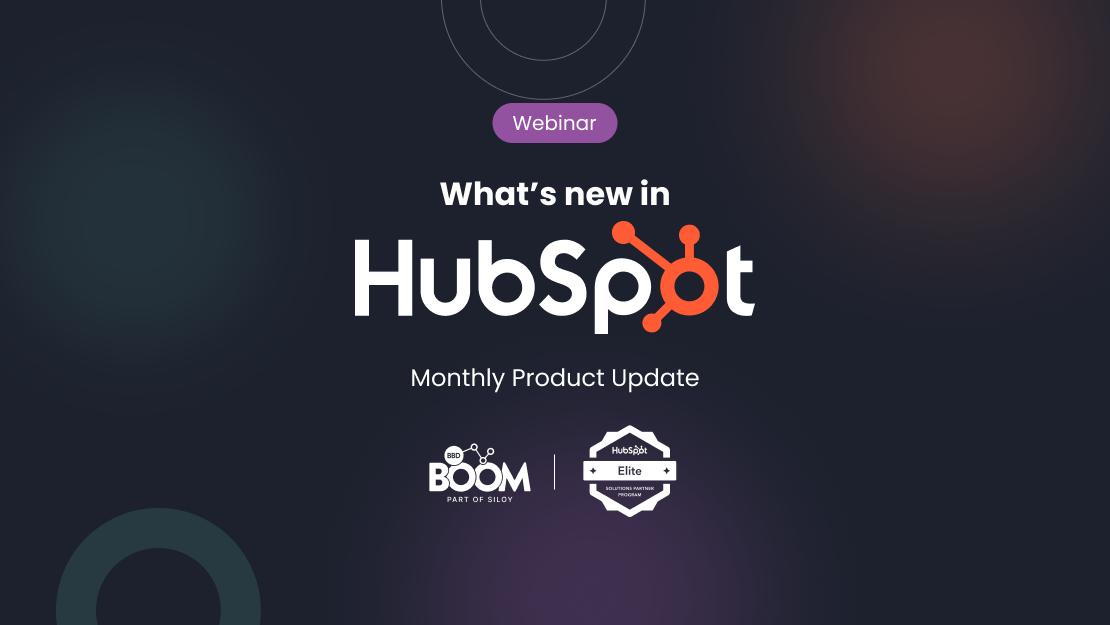Brands need a video marketing strategy and it’s not hard to see why. They are an easy to digest content format that in the past few years has dominated the social space, with the dominance of video sharing platforms such as YouTube, clocking in at over 1 billion hours of views per day. If you’re not utilising this new era of content marketing, then you really are falling behind the curve.
Why is it important?
Videos are a versatile and engaging content type that can be easily shared across multiple platforms. According to a report from HubSpot Research, more than 50% of consumers want to see videos from brands more than any other type of content. Furthermore, videos on landing pages are capable of increasing conversion rates by over 80%, and the mere mention of the word “video” in your email subject line increases open rates by 19%. Overall, 90% of customers also say videos help them make buying decisions.
Not just for marketing, video is also great for your sales and service teams. Content like onboarding, how-to, meet the team, support, and customer story videos are just a few ways they can create a more thorough, personalised customer experience that streamlines sales and service teams, allowing them to spend more time doing what they do best.
Types of videos
There are many different types of videos you can implement in your marketing strategy. Lets dive into five that we find most useful:
1. Demo videosDemo videos showcase how your product works. Take viewers on a tour of your software and how it can be used, or unbox it and put a physical product to the test. This can aid your prospects in the consideration and decision stage of their buyers journey, without spending the valuable time of your sales teams.
2. Expert interviewsCapturing interviews with internal experts or thought leaders in your industry is a great way to build trust and authority with your target audience. Find the influencers in your industry, whether they share your point-of-view or not, get these discussions in front of your audience. Doing this can also help you to find out information about the product if there is engagement in the comments, so it can function like market research.
3. Educational how-to videos
Instructional videos can be used to teach your audience something new or build the foundational knowledge they'll need to better understand your business and solutions. These videos can also be used by your sales and service teams as they work with customers, eliminating the need for them to keep repeating the same how-to processes over and over.
4. Case study and testimonial videos
Your prospects want to know that your product can solve their specific problem. One of the best ways to prove this is by creating case study videos that feature your satisfied, loyal customers. These are your best advocates. Get them on-camera describing their challenges and how your company helped solve them.
5. Personalised messages
Video can be a creative way to continue a conversation or respond to someone via email or text. Use HubSpot Video or Loom to record yourself recapping an important meeting or giving personalised recommendations. These videos create a unique moment for your prospects and can drive them further down the purchase journey.
Right now, 80% of businesses are using video marketing, with it projected that 80% of all internet traffic will be video content by 2021. Do not get left behind! If you feel you need help with your video marketing strategy, or just need help to get started, check out our webinar recording, How to use video to sell better, here.
.png?width=877&height=508&name=bbd-boom-siloy-navy+blue-logo%20(1).png)
.png)








